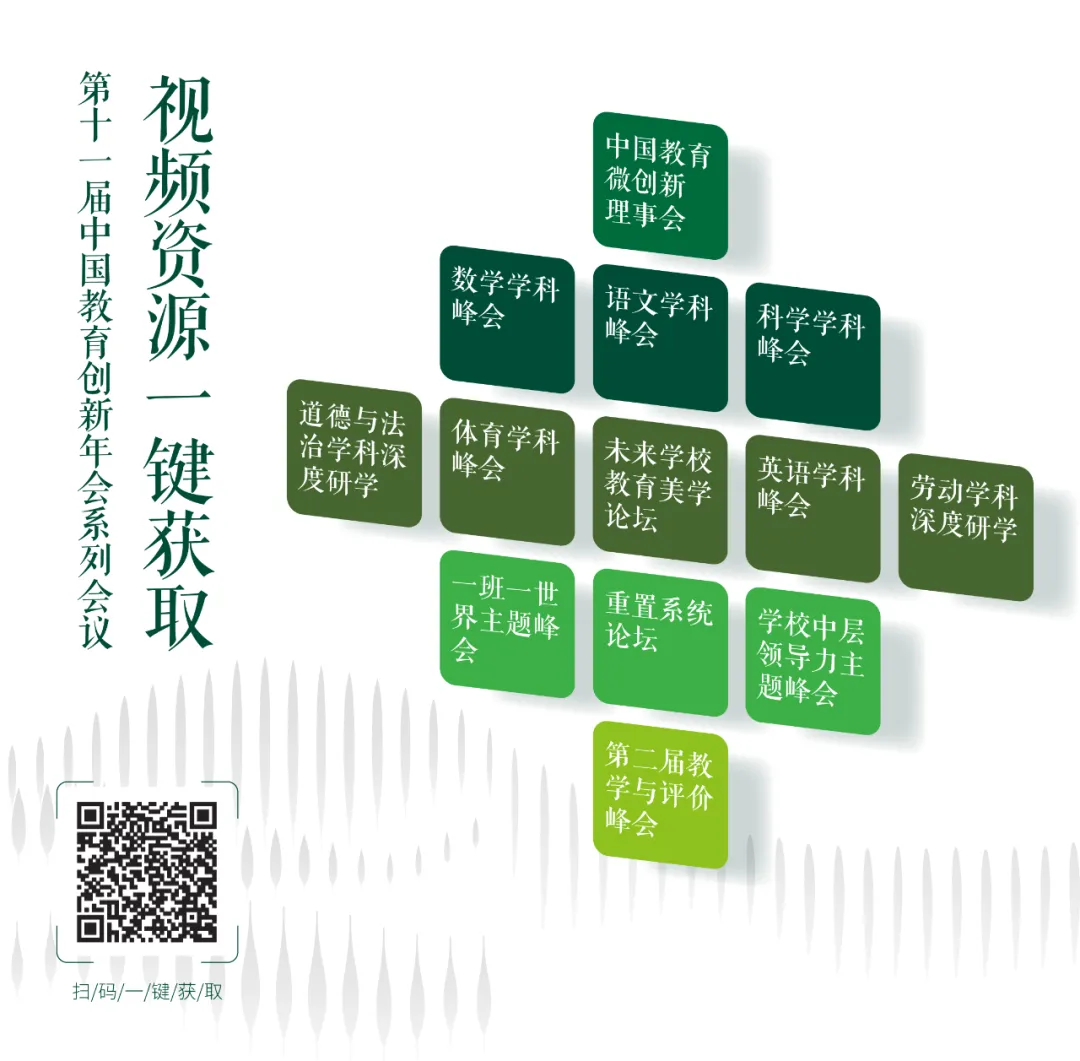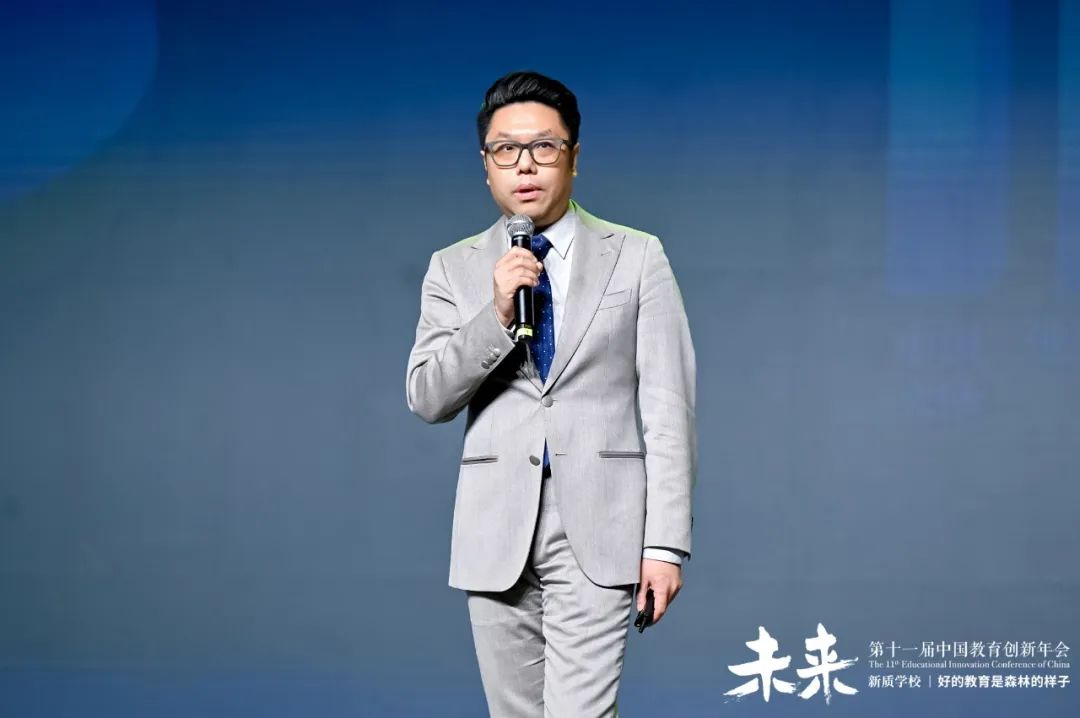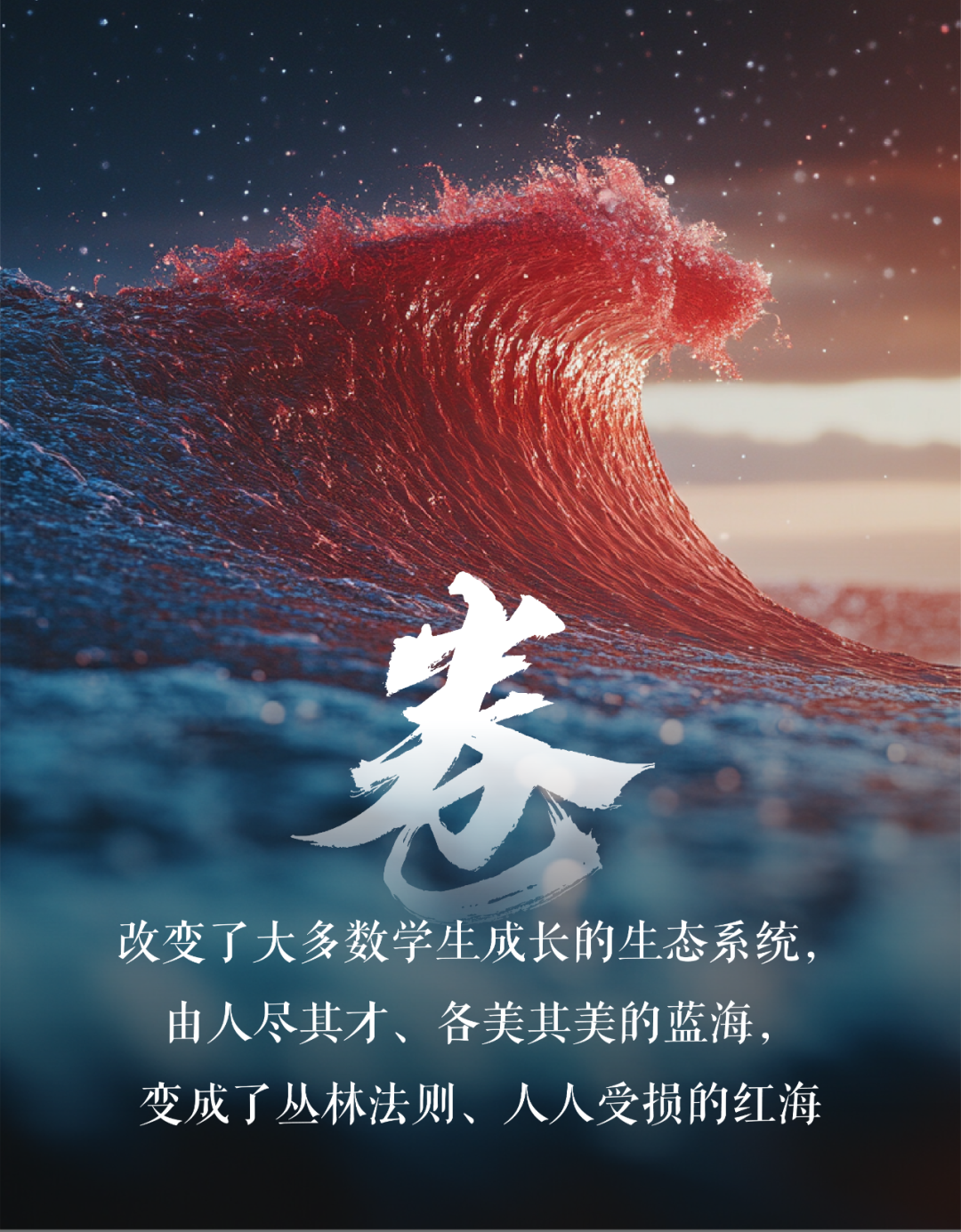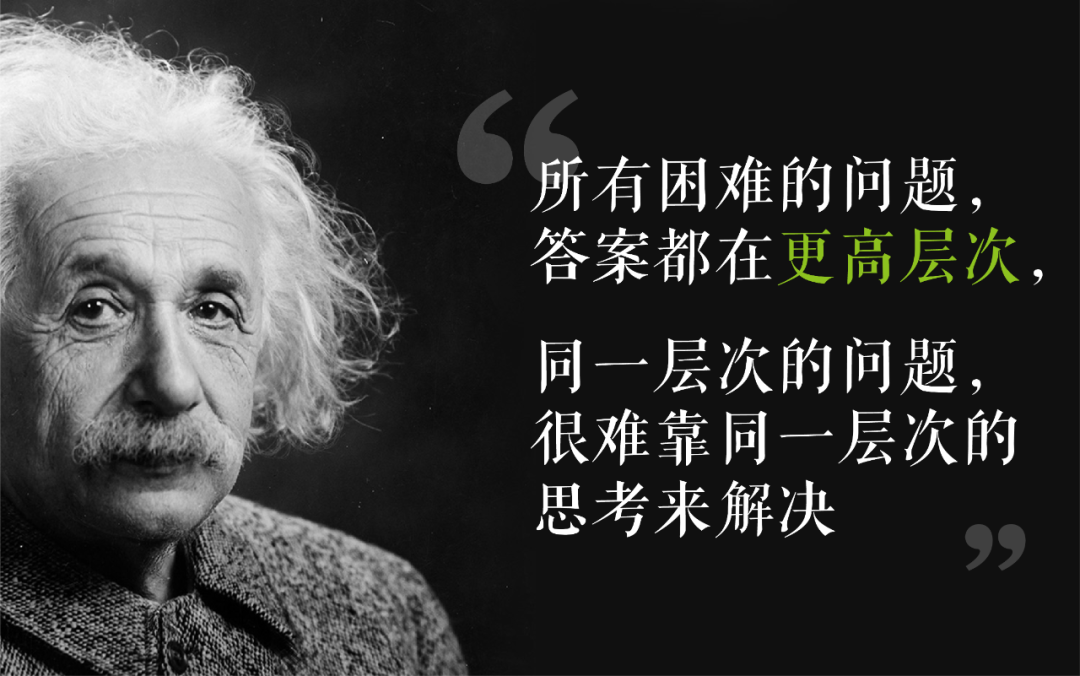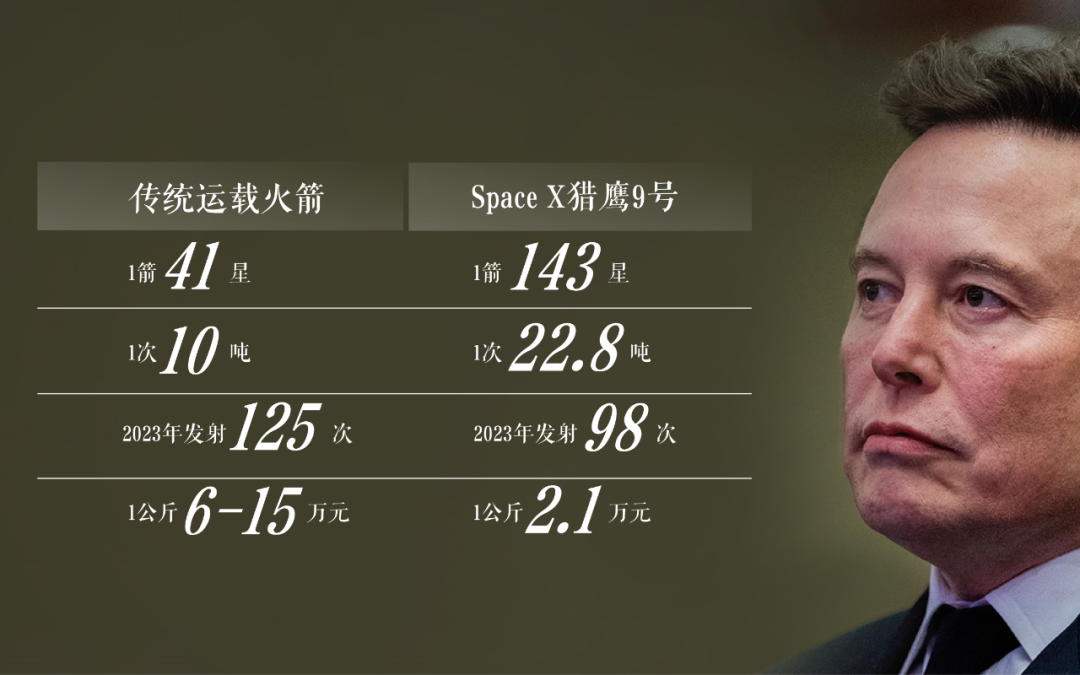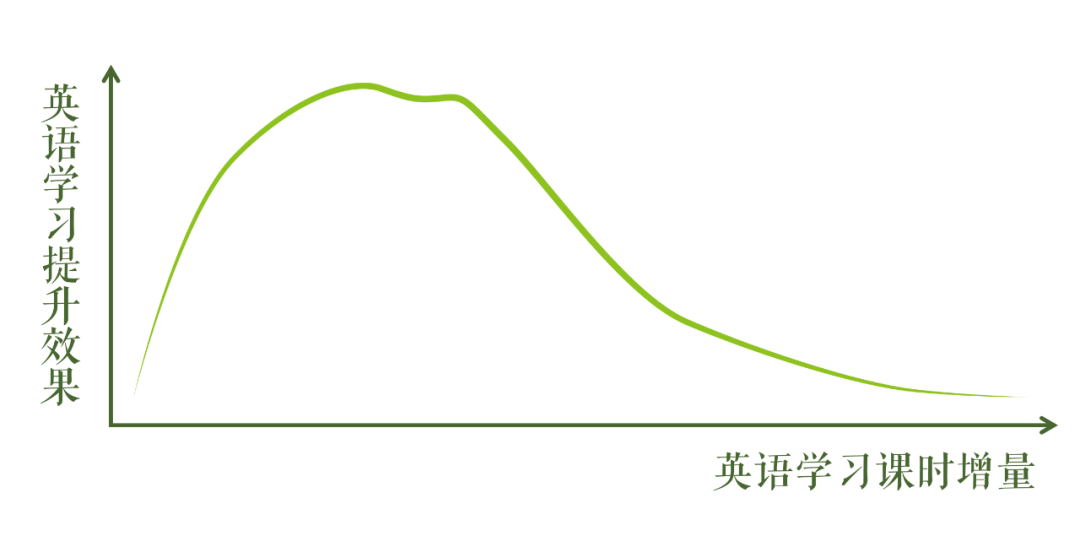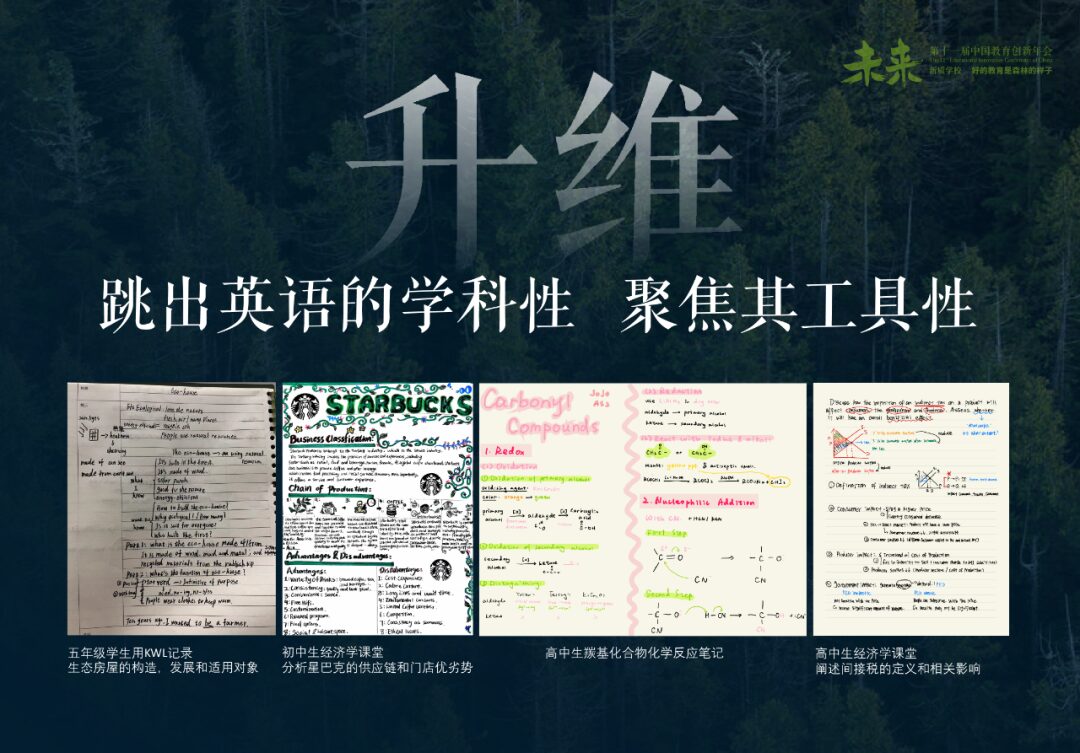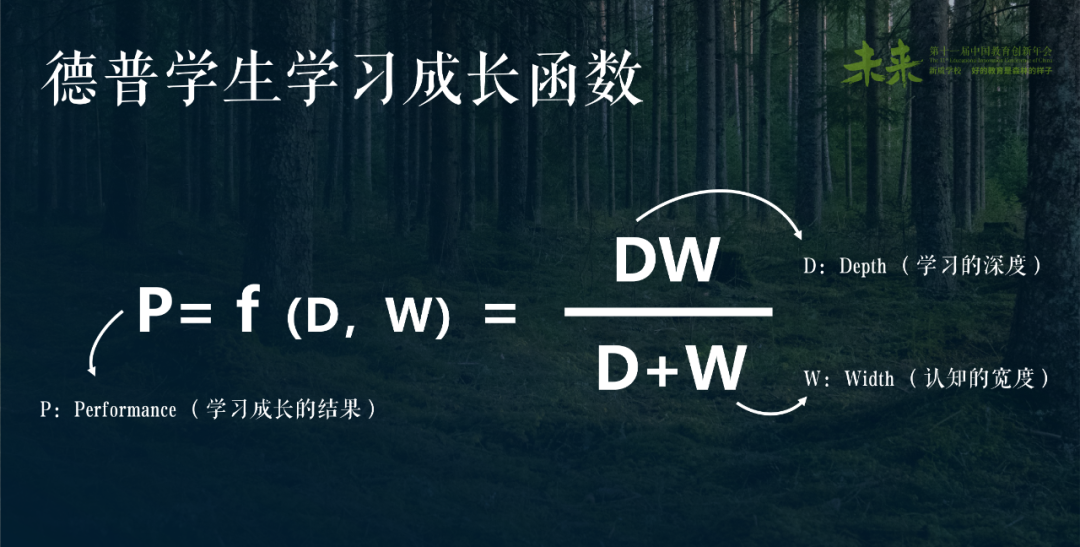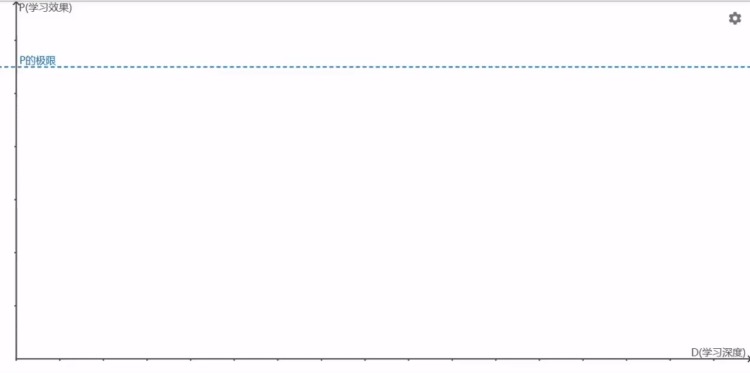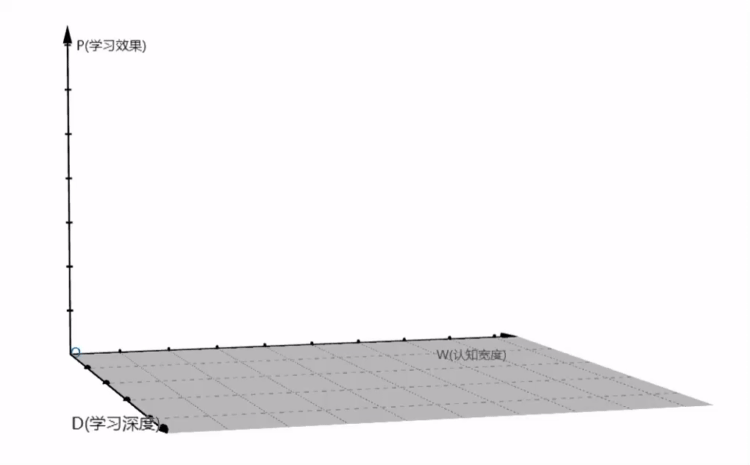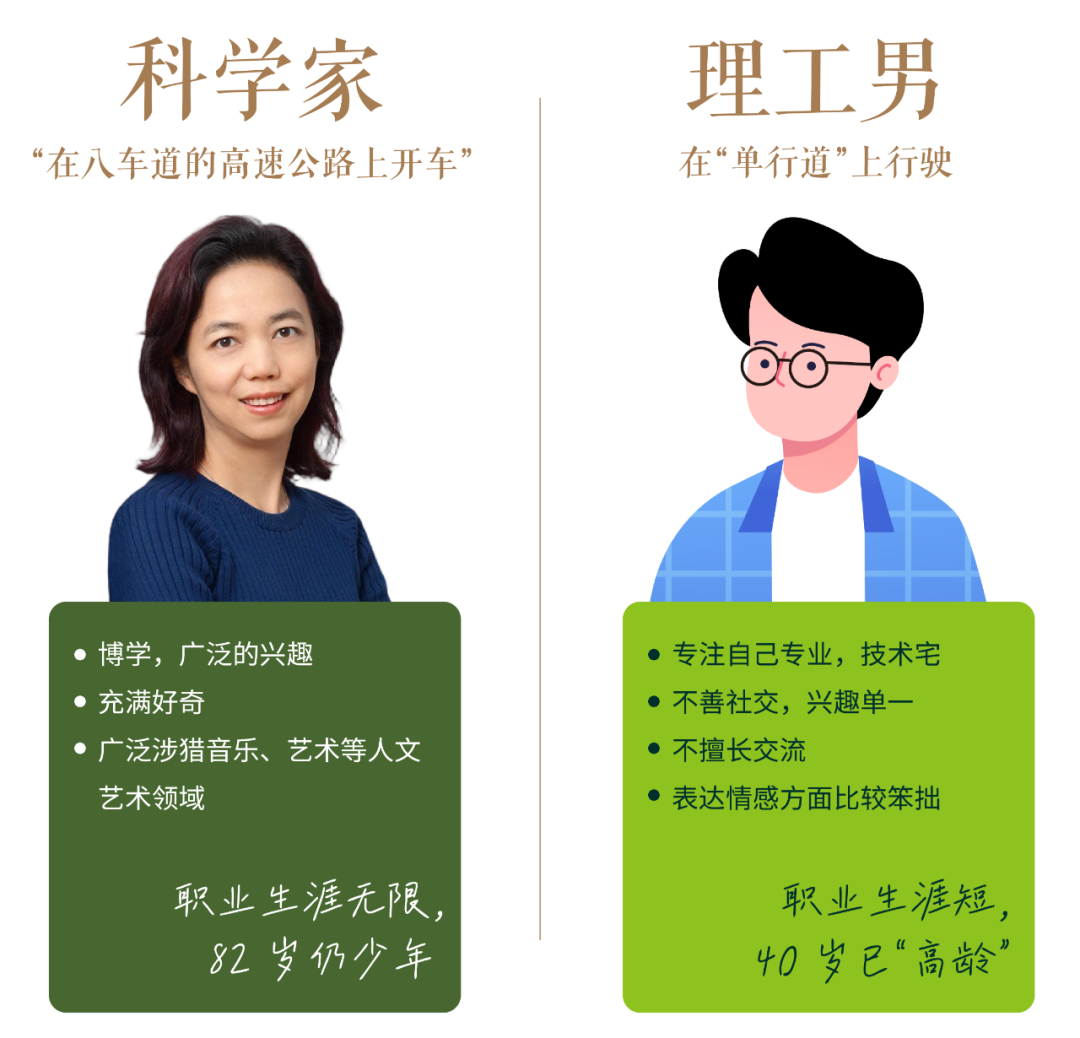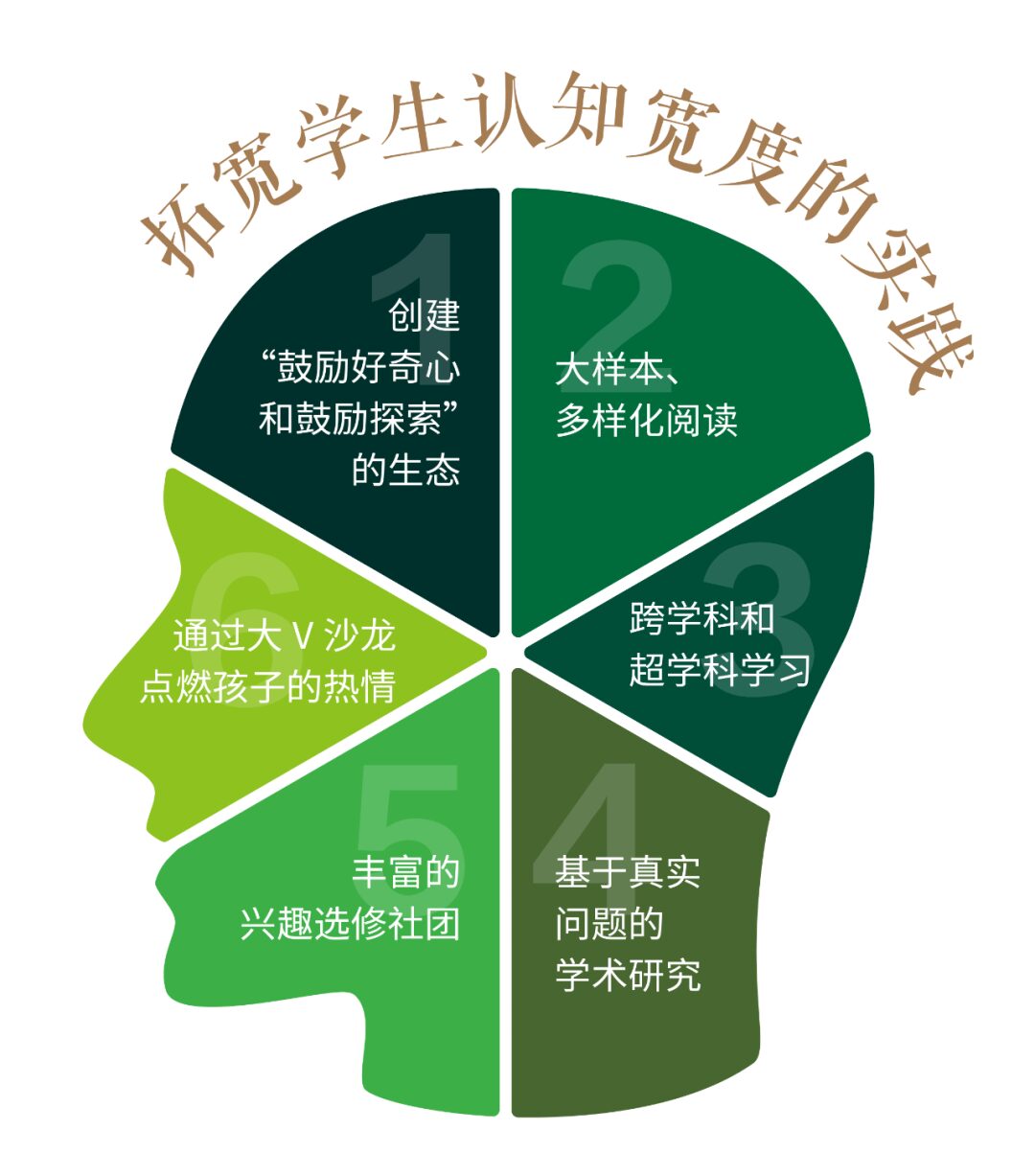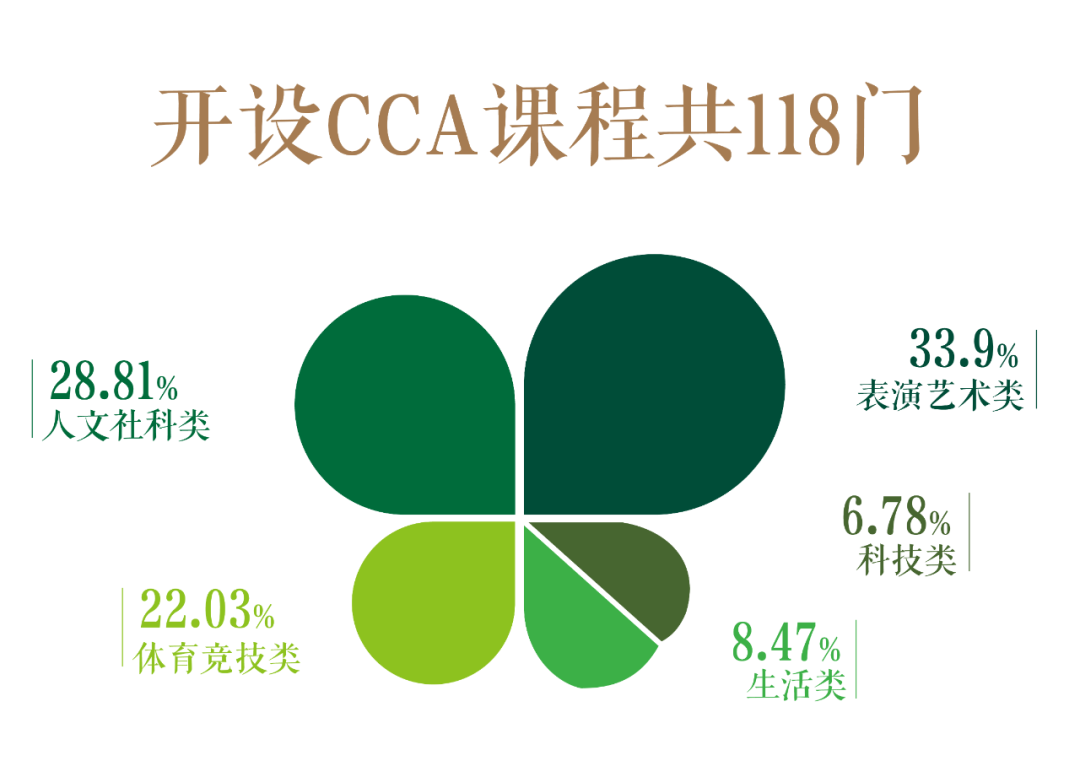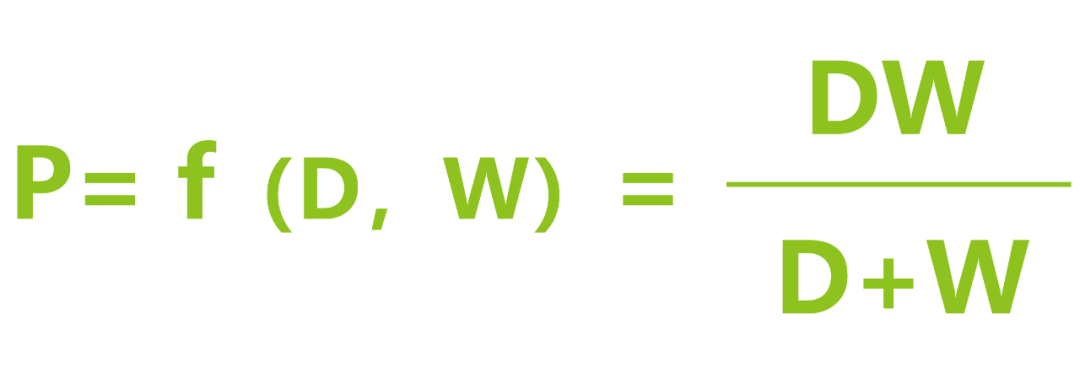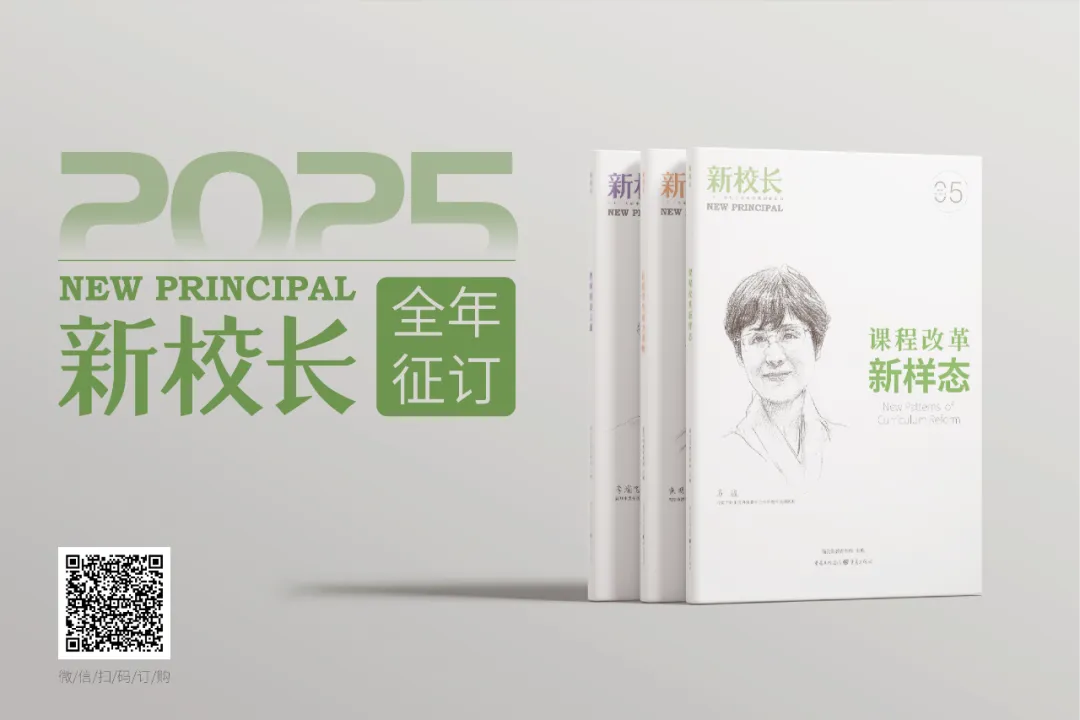Skip to content
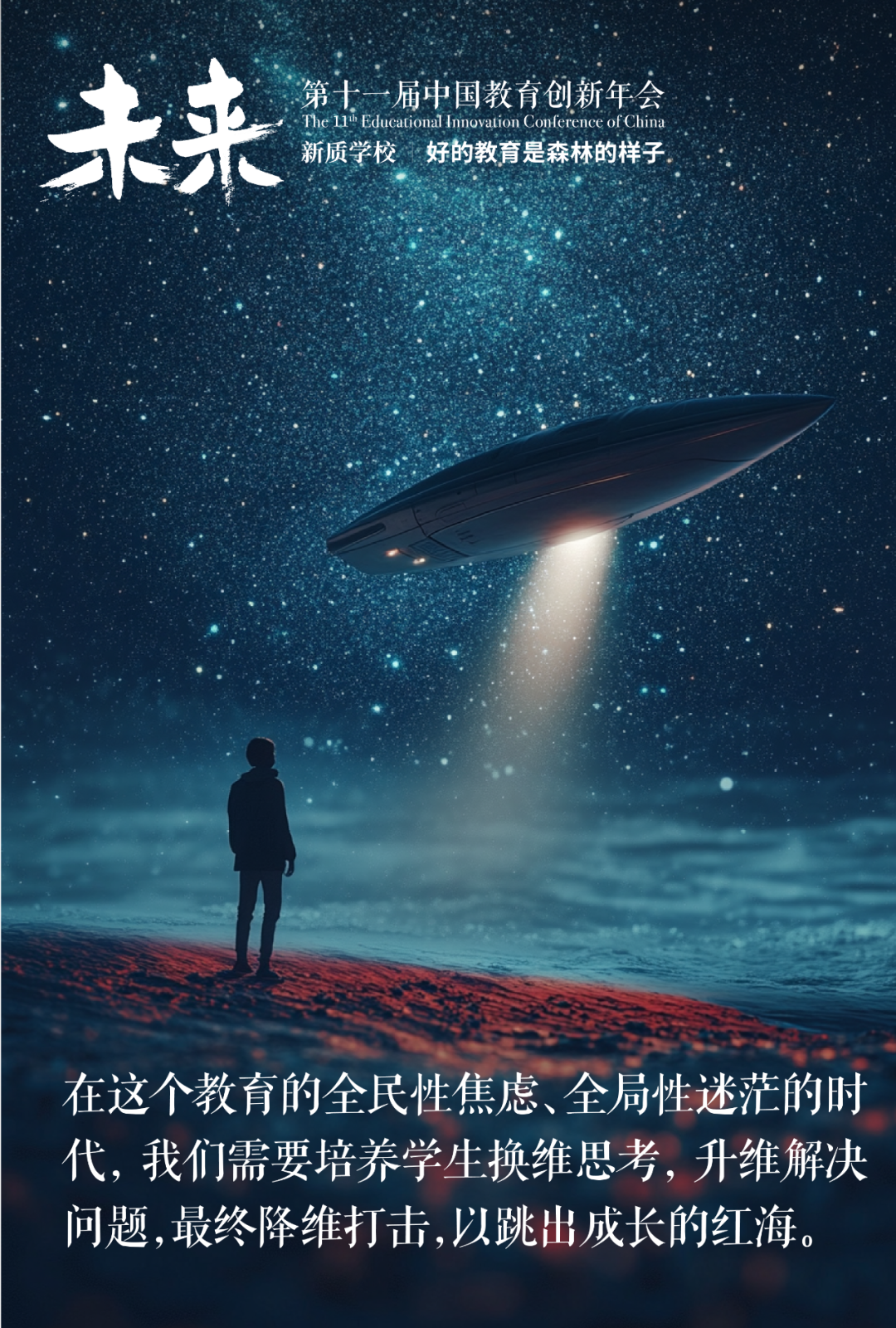
Principal of Chongqing Depu Foreign Language School
“The Competition Has Changed the Ecosystem of Student Growth”
If one word can summarize the current education ecosystem in primary and secondary schools, it must be “competition.” If one phrase can describe the feelings of Chinese parents, it is undoubtedly “anxiety.” Competition and anxiety are not only positively correlated but have even formed a causal relationship. All educators must reflect on how to break this cycle of competition and how to help parents alleviate their anxiety.
Let’s look at some data: The cost of raising children in Chinese families accounts for 50% of household income; 93% of parents have enrolled their children in tutoring classes; over 40% of children study more than 60 hours a week.
What does 60 hours mean? If it is a 5-day work week, then studying for 12 hours a day. The advancement of human civilization should liberate our bodies and minds, we have fought hard for an 8-hour workday, yet our children are trapped in a 12-hour workday.
This may be the first time in human history that young people’s mental and physical exertion exceeds that of adults. This is a “great achievement” created by our era, schools, families, and educators together.
Three sets of data are enough to illustrate how competitive our education system is and why our parents are so anxious. Education has completely equated to learning, and learning has completely equated to advanced learning, beyond the syllabus, and excessive hours. This is the alienation of education.
In this situation, what kind of shape are students’ bodies and minds molded into? Let’s look at another set of data: The incidence of myopia among Chinese children exceeds 85.7%; 25% of students exhibit symptoms of depression.
We are “working hard” to allow children to lose three of the most precious things: bright eyes, a happy childhood, and a familiar “neighborhood”; we are “desperately” turning children into a group of sad young people, who may feel empty inside, lack meaning, and lack motivation.
“Competition” has changed the ecosystem of growth for most students, from a blue ocean where everyone can utilize their talents and appreciate each other’s beauty, to a red ocean governed by the law of the jungle, where everyone suffers.
What is the essence of “competition” and the red ocean? It is uniformity. In other words, all our competition and growth happen in the same field, on the same track, in the same dimension, using the same paradigm, competing for the same resources, engaging in homogeneous competition. This competition, with no winners, exhibits three characteristics: a single standard, absolute depth, and zero-sum games.
How to Break the “Competition”? How to Help Students Jump Out of the “Red Ocean”?
We often say we need to empower students, especially in the context of an economic downturn and AI redefining humanity, schools must possess the ability to enable students to jump out of the red ocean of life.
In the future, both academic and workplace competition for students will be a battle in the red ocean, and only those schools that can equip students with the ability to jump out of the red ocean may succeed.
How to break the “competition”? How to help students jump out of the “red ocean”? Depu School has drawn on Einstein’s perspective. He believed that the answers to all difficult problems lie at a higher level; problems at the same level are difficult to solve with the same level of thinking.
Breaking the “competition” and jumping out of the “red ocean” is a very complex issue. I once said that Chinese parents, especially new middle-class parents, can lead companies to go public but struggle to guide their children on the right path. This indicates that educational issues are extremely complex and need to be solved through higher-dimensional thinking.Higher dimension is the key to solving the problems of competition and the “red ocean”.
Let’s look at a well-known example – Elon Musk’s rocket manufacturing.
By elevating dimensions, Musk redefined rocket design and manufacturing, performing better in terms of cost, efficiency, payload, and total transport volume, promoting the democratization and commercialization of space exploration, opening up new development spaces and possibilities for human society. What can we learn from this? Can the education sector do the same? Can it escape homogeneous competition?
In everyone’s perception, it seems natural that students in international schools have high English proficiency, right? But I want to ask, is their English proficiency entirely the result of simply accumulating English learning time?
Returning to the first principles of English learning, we discover a pattern: Initially, each additional hour of English learning significantly boosts children’s vocabulary, language sense, and grammar, but after reaching a certain point, this growth slows down, which is the diminishing marginal returns effect familiar in economics.
Once your English learning time reaches a certain level, the effect of additional time spent will be very limited. Therefore, simply increasing English class hours will never allow children to reach such a high level of English. So, how did they achieve high-level English learning?
Let’s look at the case of Depu students’ elevated English learning: Fifth graders use KWL to record the structure, development, and applicable objects of ecological houses; middle school economics classes analyze Starbucks’ supply chain and store advantages and disadvantages; chemistry notes on carbonyl compounds… This is not only an English class but also a building class, chemistry class, and economics class.
Depu’s elevated strategy is simple, and it is also the secret of all international schools: to jump out of the subjectivity of English and focus on its tool functionality, thus achieving true elevation.
How to Elevate Students’ Learning and Growth?
As mentioned earlier, in a world of “competition” and “red oceans,” only through elevation can we escape the dilemma of zero-sum games. So, how should students’ learning and growth be elevated?
Depu proposes a student learning growth function, which takes the depth of learning (Depth) and the breadth of cognition (Width) as variables, with the result of learning growth (Performance) as the outcome.
The relationship among the three is not a simple linear one. A senior student at Depu helped me complete the following modeling: With cognitive breadth constant, the result of learning growth will quickly reach its limit and cannot jump to another dimension.
The second model shows another phenomenon: When both the depth of learning and the breadth of cognition grow simultaneously, we will continuously break through limits and ascend to new dimensions.
Based on these two models, we identified the key variable, which is the breadth of cognition.
Cognition is the thinking pattern of viewing problems and making judgments. Expanding the breadth of cognition means upgrading from a single perspective to dual, multiple, and systematic thinking to break the cognitive barriers brought by “specialization and depth,” achieving “elevation.” If we can expand the breadth of cognition and combine it with the depth of learning, we can usher in the elevation of students’ growth and learning cognition.
Let’s look at a picture: On the left is scientist Fei-Fei Li, and on the right is a typical image of a tech man. What is the difference between a scientist and a tech man? Their differences lie not only in the depth of knowledge but also in the following points:
Scientists are knowledgeable and versatile, have a wide range of interests, are curious about science, and extensively explore fields like music and art; tech men focus on their specialty, are tech-savvy, poor at socializing, have single interests, and their way of expressing emotions is often clumsy; scientists drive on “eight-lane highways,” with limitless career paths, still youthful at 82; tech men drive on “one-way streets,” with short career spans, often considered “aged” by 40.
This is why so many prestigious universities are still striving to broaden their students’ cognitive breadth. During the 2024 Princeton University opening ceremony, the president reiterated the need for liberal arts education in the AI era; both the University of Chicago and Harvard emphasize the importance of humanities courses in undergraduate education. Because liberal arts education equips us with the ability to tackle complex issues, cultivating a well-rounded personality and a sense of transcendence.
There is an interesting debate: Is the humanities dead, or is it the last survivor?
In the AI era, many pessimistically believe that the humanities have no hope. Is that really the case? Nowadays, liberal arts students learning programming is no longer a dream; things that used to be only possible for science students can now also be done by liberal arts students.
In the past, the biggest feature of Windows was WYSIWYG (What You See Is What You Get), and we no longer had to rely on the DOS system. In the future, as teachers and principals of the humanities, we pursue WYSIWYG in our speech and thought.
This is an era of technological equity, so we propose a “Depu Conjecture”: the future may be a paradise for the humanities, and the next Elon Musk may have nothing to do with engineering. We are prepared to spend 20 years answering this question.
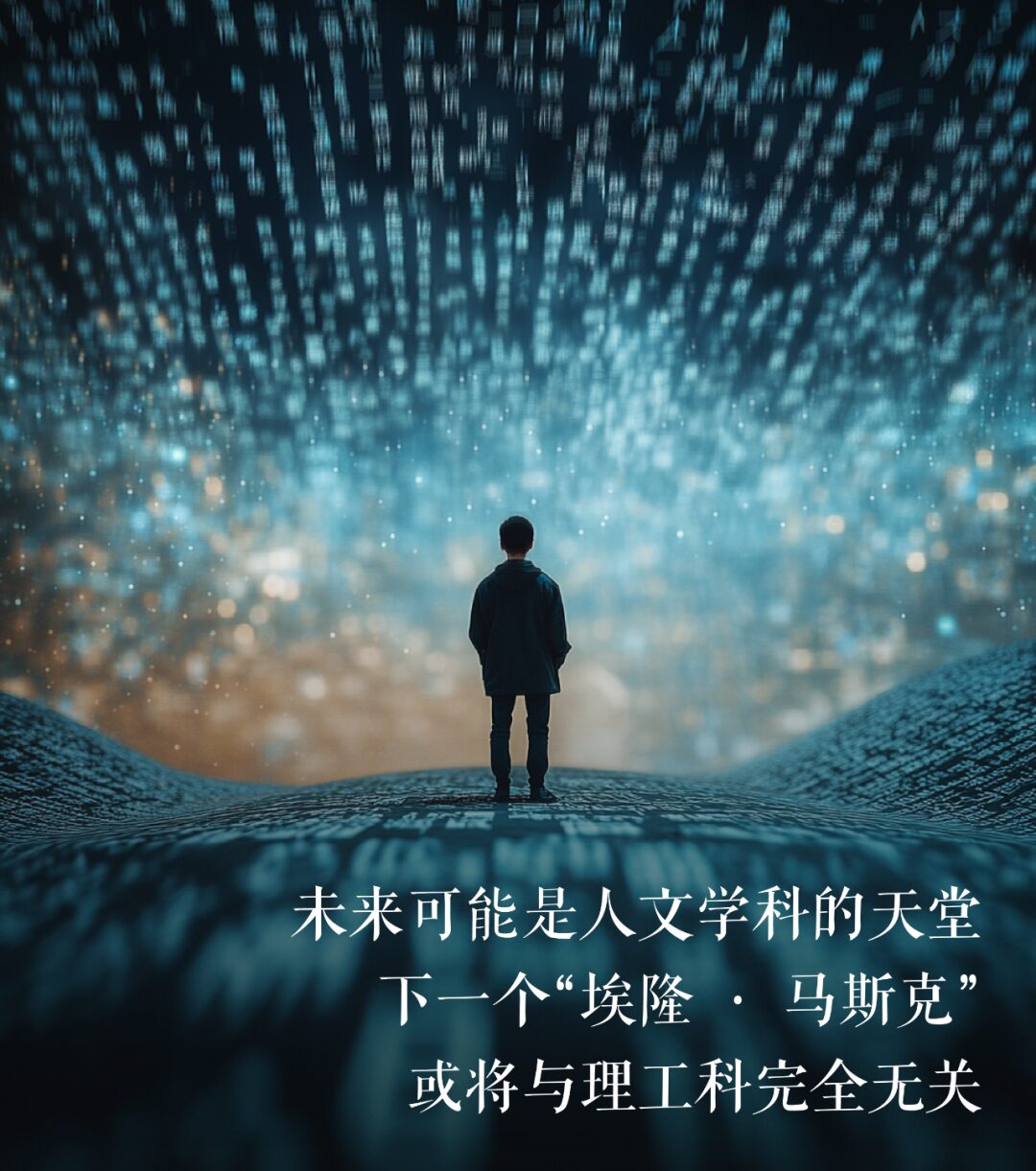
How to Broaden Students’ Cognitive Horizons?
Schools are not places for theoretical research but are idealistic practitioners. From practice, we conclude that the following six aspects are crucial for broadening students’ cognitive breadth.
First, create an ecosystem that encourages curiosity and exploration; second, diverse reading with a large sample, and create a unique reading list for the school; third, interdisciplinary and transdisciplinary learning; fourth, academic research based on real problems; fifth, rich elective clubs of interest; sixth, ignite children’s passion through influential salons.
Based on this, what specific actions has the school taken? We turned the “Problem Box” challenge into a place that elementary school students love to visit daily; we created a 12-year unified reading list covering various fields and increased the proportion of non-fiction reading, involving economics, psychology, art, etc.;
We conduct genuine transdisciplinary explorations, such as the impact of the intelligent era on human lifestyles, the influence of the food chain on ecological balance and human responsibility, and what foundations ancient civilizations laid for today’s systems…
In this process, students learn to explore what facts are, what opinions are, how to argue a viewpoint, and how to falsify.
Our high school students have started writing academic papers for the EPQ (Extended Project Qualification), with topics like “Design of a Tracking Robot Based on Arduino,” “Research on the Prices of Second-hand Houses in Chongqing Based on the Characteristic Price Model,” “How Fandom Culture Influences High School Students,” etc.
Additionally, we offer 118 CCA (Co-Curricular Activities) courses, allowing students to find their interests in various clubs and CCA activities, creating a diverse forest of opportunities.
The following passage is an expression from Depu students during a debate: “A glimmer can attract another glimmer, and a glimmer can also illuminate another glimmer. When everyone can approach the truth, everyone can become that glimmer. That light may not turn the night into day, but it can certainly pierce through the cold air, creating a gap on the iron plate of ignorance and blind obedience.”
In this era of widespread anxiety and confusion in education, we need to cultivate students to think across dimensions, solve problems at elevated levels, and ultimately strike down challenges with ease to escape the red ocean of growth.
Broadening cognitive horizons is essential for solidifying deep learning. The Chinese Education Innovation Annual Conference posed a challenging question for me, which I answered using the student learning growth function from Depu School.
Finally, I want to say that the operation of schools also requires elevation. The competition between traditional schools revolves around enrollment, faculty, student management, teaching management, teaching facilities, and teacher governance. However, after true elevation, what is the first principle of competition between schools? It is the unique and unparalleled reasons for enrollment, and the unique and unparalleled value creation and transmission.
In other words, what unique and incomparable reasons can schools provide for parents to enroll? What unique and incomparable value can they create for students? Depu is built on such logic—
Facing a rapidly changing and uncertain future, deeply understanding parental anxiety, returning to the essence of education, innovating education and management, creating a truly integrated 12-year curriculum system of Chinese and Western education, and cultivating healthy, happy, and globally aware changemakers.
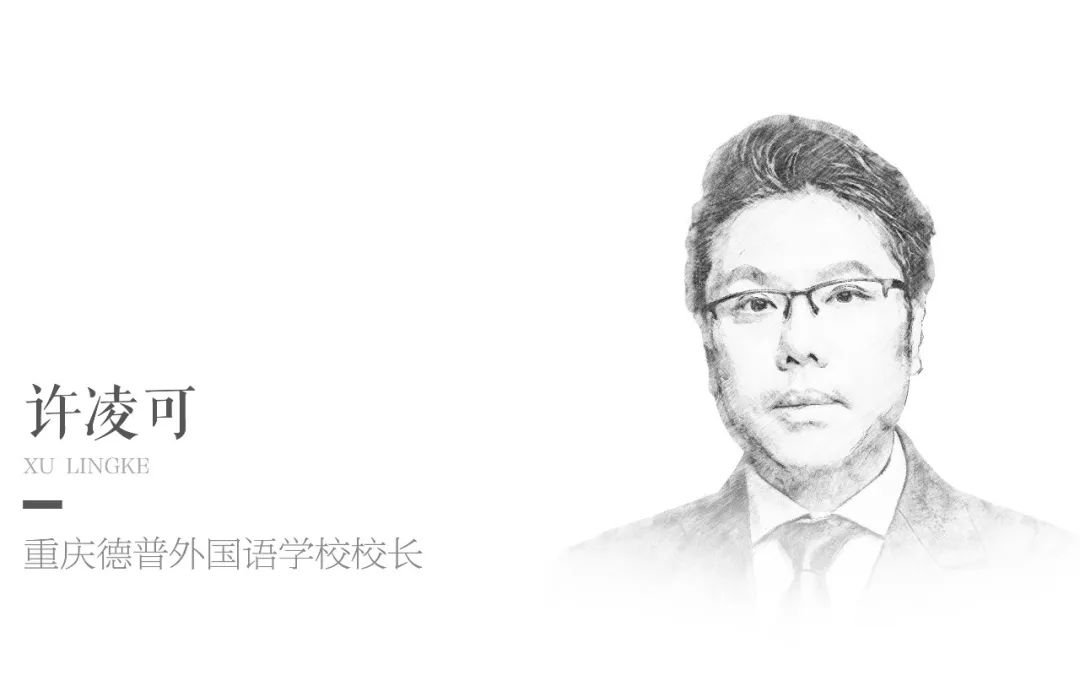
Source | The 11th China Education Innovation Annual Conference
Business Cooperation | Teacher Chen 13594694330 (WeChat same number)
